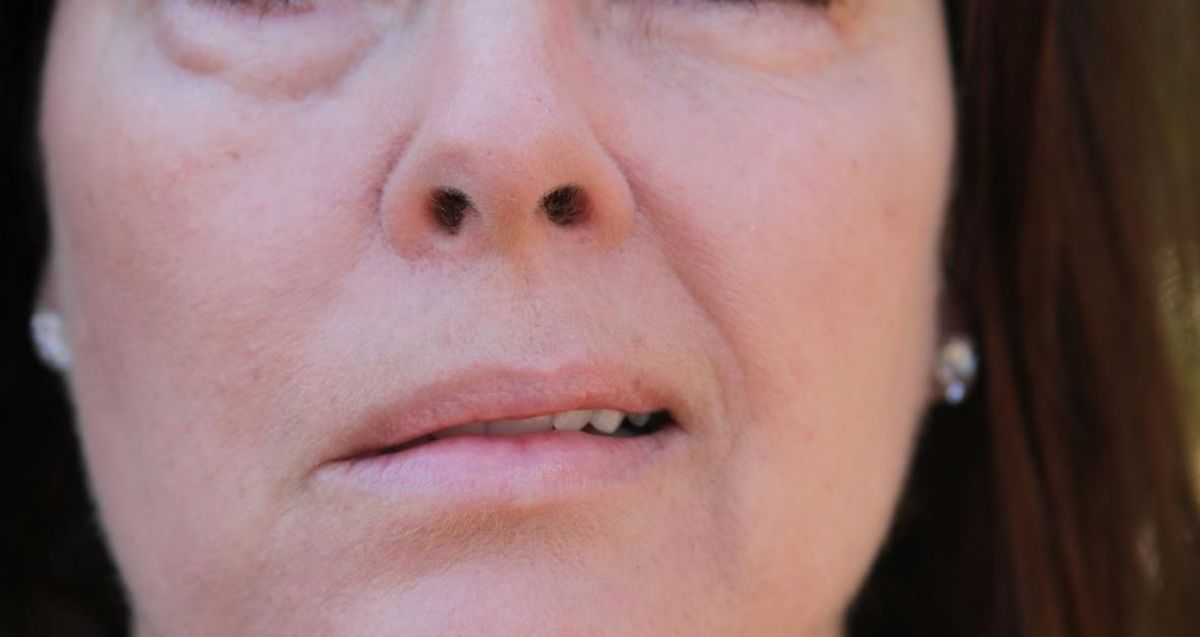Complications Of Lyme Disease
Irregularities In Heart Rhythm
An individual who has developed Lyme disease and has undergone treatment that has been unsuccessful may develop Lyme carditis. Lyme carditis produces numerous cardiac symptoms, including irregularities in heart rhythm, chest pain, palpitations, and changes to EKG caused by heart block. Lyme carditis occurs when the Borrelia burgdorferi bacteria enters and attacks the individual's heart tissues, where it colonizes in most or all regions of the heart. When the bacteria attack the atrioventricular node and the conduction system around it, the patient has what is called heart block. Heart block is an irregularity in an individual's heart rhythm when it beats too slowly. This heart rhythm abnormality is the result of the non-communication between the electrical signals between the ventricles and atria that command the heart to beat. Irregularities in heart rhythm occur most often weeks to months following the bite by the tick when the individual is in the early disseminated stage or stage 2 of their Lyme disease.
Read more about the complications linked to Lyme disease now.
Facial Palsy

Facial palsy most often occurs weeks to months following the bite by the tick when the affected individual is in the early disseminated stage or stage 2 of their Lyme disease. Facial palsy is not a common complication in individuals who have Lyme disease, as it only develops in around five percent of all cases. Facial palsy and facial paralysis are terms used to describe a loss of movement in an individual's face as a result of damage to the nerves that control the muscles involved with facial movements. Facial palsy makes an individual's face appear as if it is drooping on one or both sides. Most individuals who have this complication of Lyme disease will recover their full facial tone and movement in a maximum of eighteen months following the initial infection. In a small percentage of patients, the facial muscle tightness, restricted smile excursion, and involuntary facial movements may be permanent.
Discover additional complications of Lyme disease now.
